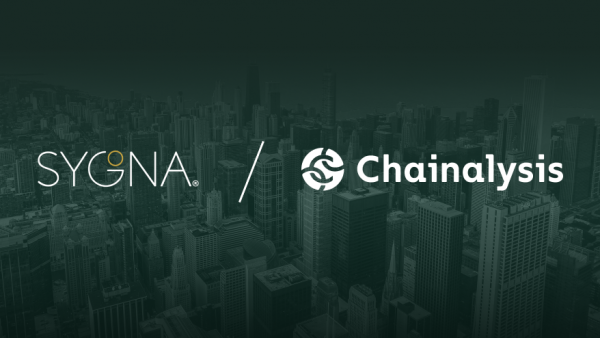Mastercard partners with Bakkt to expand its crypto services to 2.8B Mastercard holders and 20,000 financial institutions could get access to crypto
Traditional financial services, who have long been wary of cryptocurrencies’ potential to replace them and did much to stave off the digital assets industry’s growth during the last decade, now appear to have done a complete U-turn since 2020 and are now helping the digital currency sector achieve mainstream adoption.
Since last year, the likes of PayPal, Square, JP Morgan, Wells Fargo and others have entered the crypto assets arms race, helping to buoy the price of Bitcoin to an all-time high (ATH) of $69,000 at the time of writing. The latest to be converted? Mastercard.
In the last couple of months, Mastercard has carefully begun to make its foray into the crypto sector, partnering with Uphold and BitPay to allow people to convert their crypto into fiat quickly. However, despite these overtures, the global pioneer in payment innovation has failed to offer a full crypto service until now. This is likely to change as even its biggest competitor Visa, now evangelizes on its website’s crypto section that “money is evolving”.
Mastercard partners with Bakkt
On October 25, Mastercard announced a partnership with Bakkt, a trusted digital asset marketplace that has a good relationship with regulators. The partnership will extend Mastercard’s ecosystem of cryptocurrency partners (Uphold, BitPay, Gemini), enabling Crypto-as-a-Service to all Mastercard holders.
As a result of the partnership, banks and financial institutions offering Mastercard credit and debit cards can now enable customers to buy, sell, and hold crypto such as Bitcoin and Ethereum through Bakkt custodial wallets. In addition, Mastercard will also issue Bakkt branded crypto debit and credit cards.
According to Mastercard, its recent crypto expansion will impact over 20,000 financial institutions, including banks and credit unions, that have integrated its services. In addition, the partnership will give the holders of more than 2.8 billion Mastercards (debit and credit) in circulation potential access into the crypto investment world.
Mastercard’s executive vice president has explained that the payment agency wants to offer all its partners easy access to crypto. By lowering the barrier to entry into the crypto space, Mastercard and its partners will be able to keep its users’ funds looking to delve into crypto rather than have them moved to crypto exchanges.
Mastercard Loyalty Program
In addition to offering Crypto-as-a-Service to its users, Mastercard will also integrate crypto into its loyalty solutions. The Bakkt powered cards will allow customers to pay down their balance and earn loyalty points with bitcoin.
Mastercard has previously partnered with the crypto company Gemini, allowing its customers to earn rewards in cryptocurrency based on their spending activity.
Similar to its partnership with Gemini, customers will earn rewards in crypto. However, its new crypto loyal program will also allow airline and hotel points to be converted into Bitcoin.
In a statement, the vice president of Bakkt, Nancy Gordon, explained that “these new offerings represent a unique opportunity to satisfy the increasing demand for crypto, payment, and rewards flexibility.”
Conclusion
The increasing interest by traditional financial service providers in the crypto industry is a major sign that cryptocurrencies are here to stay.
With so much adoption and innovation happening right now in crypto, we’ve kind of forgotten how desperate the industry was for mainstream recognition before the new decade and the dramatic advent of DeFi, non-fungible tokens (NFTs), and Web3 changed everything.
The likes of Mastercard and Visa wouldn’t have been seen anywhere near a crypto product even a couple of years ago, yet now they are trying their best to catch up, even going so far as to buy NFTs to gain favor.
These companies are pioneers in traditional finance and will bring with them the latest developments in new fraud and security tech to monitor crypto-based credit card scams and crimes.
The entry by the likes of Mastercard should be seen as a strong endorsement of regulatory progress for the crypto industry and institutional investors, as its expertise and established best practice systems will make the space safer and attract a broader base of non-technical crypto newcomers who will need to ease into the crypto sector with confidence.
These benefits that the likes of Mastercard will bring to crypto custody and services should carry substantial weight with financial regulators both domestically and globally, who are above all usually tasked with protecting the integrity of their financial system and the assets of residents. For the sake of longevity and harmony of crypto markets, these benefits should be strongly embraced.


